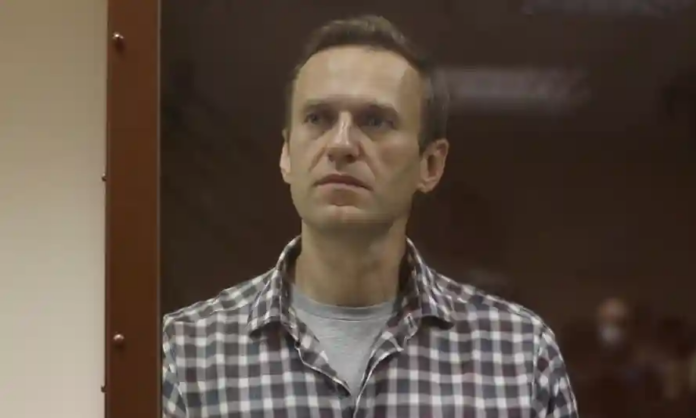By Michael Ge
On January 17th, Russian opposition leader Alexi Navalny returned to Russia from a hospital in Germany after being poisoned. Navalny was immediately arrested and convicted of violating his parole that stemmed from a conviction in 2014. He was sentenced to two and a half years of hard labor. Anti-government protests have erupted in Russia as a result of his arrest and conviction.
Navalny has made a name for himself across Russia and the world for standing up against what he claims to be corruption in Russia, drawing the scorn of Vladimir Putin. Navalny was infamously poisoned in August 2020 with the Novichok nerve agent which was suspected to have been done by the Russian Federal Security Service.
Navalny has drawn criticism from groups outside of Russia, like Amnesty International, for his anti-immigration statements. Despite these criticisms, he is largely popular in the West. Navalny, however, has not been quite as popular in Russia. His party, Russia of the Future, has not seen success in being officially registered, and the largest official opposition to Putin’s United Russia Party remains the Communist Party which has been in that position since the fall of the Soviet Union.
The Biden Administration reached the conclusion that Russian officials were involved in the poisoning of Navalny and has been quietly issuing sanctions against these officials. The quick action by the Biden Administration is a stark contrast to the more friendly tone the Trump Administration took against Russia. Furthermore, the Biden Administration has called for Navalny’s release. Other organizations, such as the European Union, have called for Navalny’s release and have also imposed sanctions.

